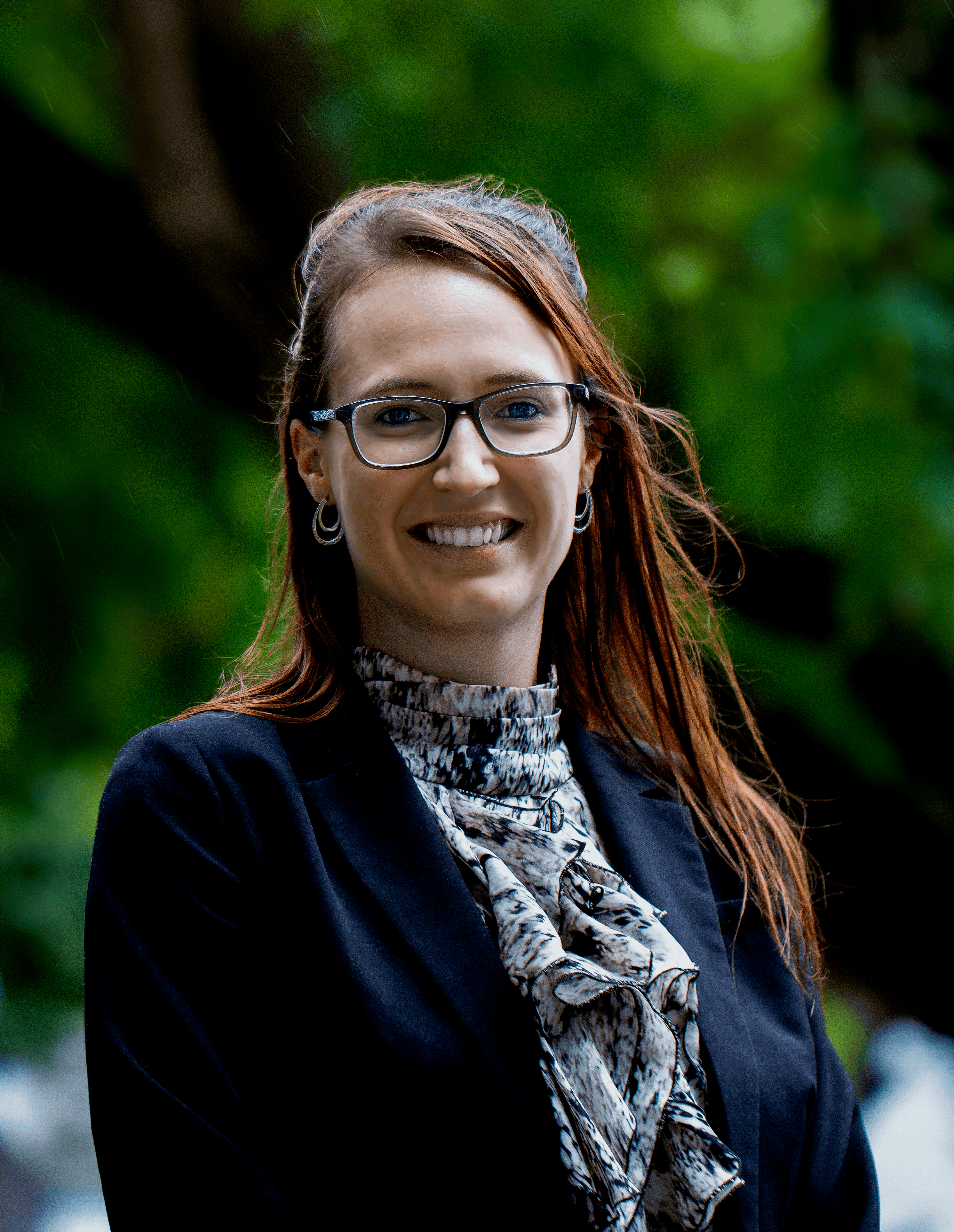In order for someone to make a valid will, there is a fundamental requirement that they had the right state of mind to make their will.
This is known as testamentary capacity and it is crucial that you understand how to prove testamentary capacity in case it is ever in dispute. Otherwise, you may risk your assets being given to someone you did not intend to inherit them.

What does Testamentary Capacity Mean?
Testamentary capacity is the legal term associated with determining an individual’s mental ability to make a will. It is a threshold test you must meet the requirements of to be able to make a will as per your own wishes. Alternatively, if you do not meet the requirements then you cannot make a new will.
Most persons over the age of 18 years old are presumed to have mental capacity to make a will. However, if someone displays a mental disability that affects their decision making power (such as an intellectual disability or diseases such as dementia or Alzheimer), then their capacity to make a will comes into question.
How to determine Testamentary Capacity - 4 key requirements to meet
It is possible for someone to temporarily lose testamentary capacity but later regain it. The most obvious example being someone falling into a coma and regaining consciousness at a later date. Therefore, testamentary capacity will be assessed at the time the will was being made and executed (namely, giving instructions to draft a will and signing the will). The test for determining testamentary capacity comes from the well established case of Banks v Goodfellow (1870) LR 5 QB 549.
This case provides that there are four requirements that must all be met in order to establish testamentary capacity:
- understand the nature and effects of a will – the will maker must know that they are creating a document that states their wishes for distributing the will maker’s assets after death;
- understands the extent of the property they are disposing – a will maker should be aware of all the assets they hold and the value of their assets so that they are distributed properly;
- is able to comprehend any claims someone may have against the estate – a will maker should understand that they have a moral obligation to provide for the spouse, children and anyone financially dependent on them after death. If a will maker leaves those people out of their will, they need to understand that there is a risk an excluded person may challenge the validity of the will; and
- no insane delusion is influencing the instructions for creating the will or disposing of the property – they are not affected by a mental incapacity at the time they provide their instructions for the will and/or signing the will.
Who determines Testamentary Capacity?
Lawyers will have always have a duty to confirm a will maker has testamentary capacity when obtaining instructions from a client. As solicitors are obtaining the instructions to draft the will, they must be satisfied that the will maker meets the above requirements. If a will maker’s testamentary capacity is in doubt, then a doctor should assess the will maker to determine whether they have testamentary capacity. While any doctor can evaluate a person’s capacity, it is encouraged that the evaluation be undertaken by the client’s regular doctor. The client’s regular doctor has better knowledge of the will maker’s background and their opinion will be heavily regarded over a doctor who did not know the will maker’s history by the Court.
What if there is no Testamentary Capacity?
The main implication of not having testamentary capacity is that you cannot make a will on your own instructions. Instead, the following will occur:
- an application will have to be made to the court to make a statutory will – a court-ordered will;
- a previous will made will be enforced instead; or
- if no valid will was made during a person’s lifetime and they pass away, their estate will be distributed in accordance with intestacy rules.
If you have any questions or require assistance with drafting or updating your will in Queensland, please contact the property team at NB Lawyers for more information.
About the Author

Kayleigh Swift, Director
NB Property Law
[email protected]
(07) 3876 5111
Kayleigh Swift is a Director of our Property team who showcases her expertise in Commercial and Residential property matters.. With a high level of experience in commercial and retail leasing, voluntary and involuntary purchase and sale acquisitions and property development matters, Kayleigh provides practical advice to ensure smooth property transactions.

